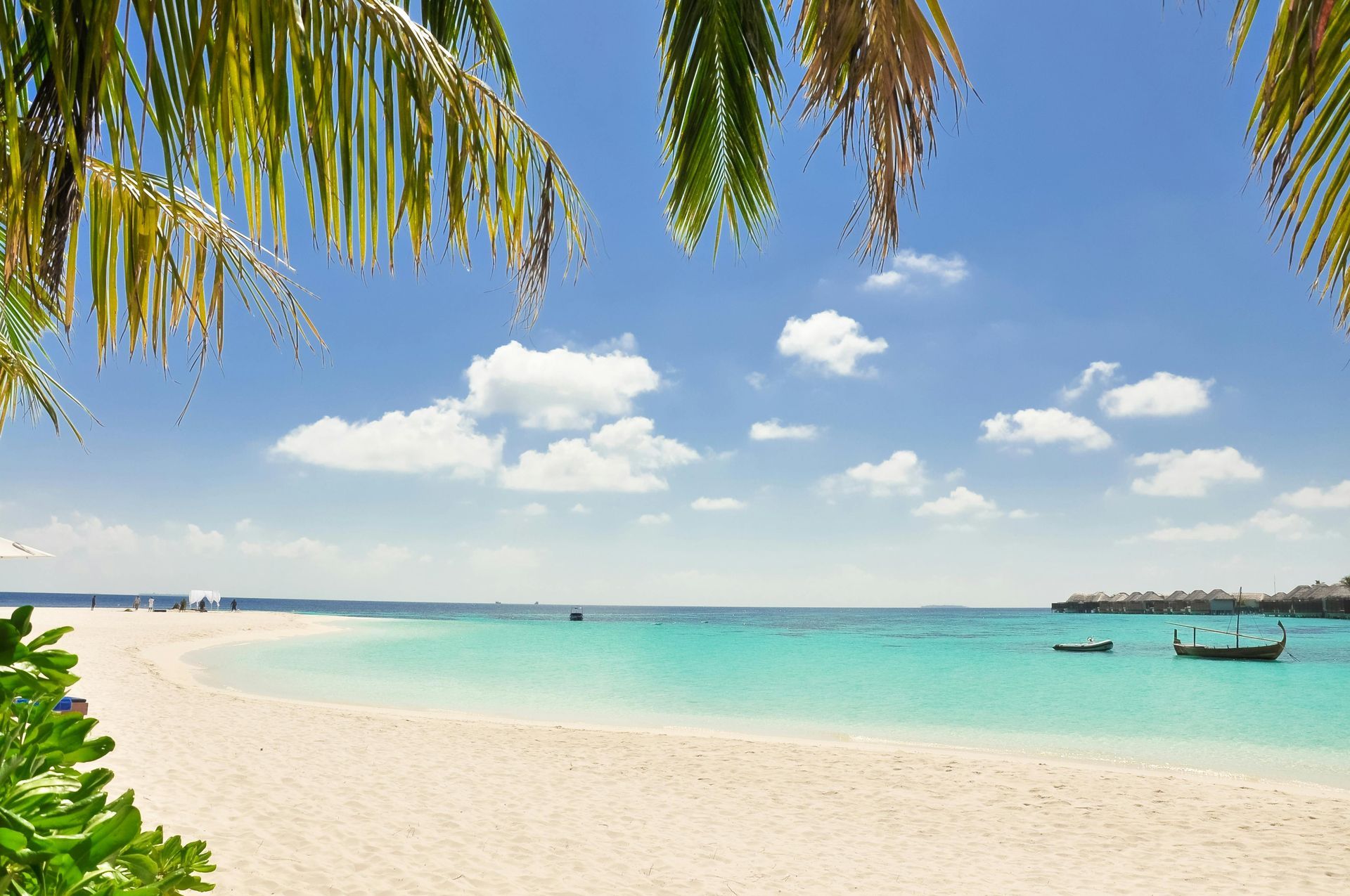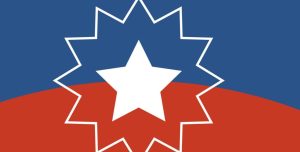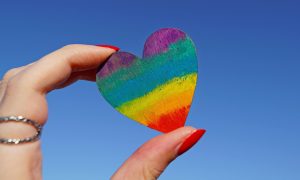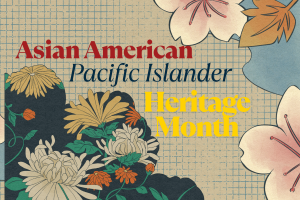Caribbean American Heritage Month, celebrated every June, is a time to honor and recognize the rich contributions of Caribbean immigrants and their descendants to the history, culture, and achievements of the United States. Officially proclaimed by the U.S. government in 2006, the month pays tribute to the vibrant heritage, diverse cultures, and enduring legacies of people from the Caribbean region.
Caribbean immigrants have been an integral part of American society for centuries, with notable figures such as Alexander Hamilton, a founding father of the United States, having been born in the Caribbean (Nevis). Over the years, individuals from nations such as Jamaica, Haiti, Trinidad and Tobago, the Dominican Republic, Barbados, and others have come to the U.S., contributing to its development across various fields.
Throughout June, communities across the U.S. host festivals, parades, educational panels, film screenings, and cultural showcases. These events are opportunities for all Americans to learn more about Caribbean history, traditions, and ongoing contributions to society.
Caribbean American Heritage Month highlights the importance of embracing diversity and acknowledging the mosaic of identities that form the American experience. It’s a time to reflect on shared histories, celebrate cultural vibrancy, and honor the resilience and excellence of Caribbean people in the United States.
How to Celebrate / Learn About Caribbean Heritage
- Explore Caribbean Music and Dance
Listen to iconic genres like reggae (Bob Marley), calypso (Mighty Sparrow), soca, dancehall, zouk, and kompa. Try dancing to Caribbean styles like salsa, bachata, merengue, or traditional dances like quadrille. Attend a Caribbean music festival or dance performance if one is nearby. - Taste the Flavors
Cook Caribbean dishes like jerk chicken, callaloo, griot, or pepperpot. Visit a Caribbean restaurant or food truck. Explore Caribbean beverages like sorrel, mauby, or coconut water. - Learn the History
Read books by Caribbean authors such as “Breath, Eyes, Memory” by Edwidge Danticat, “A Small Place” by Jamaica Kincaid, and “In the Castle of My Skin” by George Lamming. Watch documentaries or films that spotlight Caribbean culture and history (e.g., Marley, The Harder They Come, 13th for diaspora context). - Support Caribbean Art and Creatives
Visit galleries featuring Caribbean artists. Follow Caribbean creators on social media. Buy handcrafted goods or fashion from Caribbean-owned businesses. - Attend Cultural Events
Look for Caribbean Heritage Month events in your area in June. Join a Carnival celebration. Participate in educational workshops, panel discussions, or museum exhibits. - Learn the Languages
Practice Patwa/Patois (Jamaican Creole), Haitian Creole, or Spanish/French dialects. Try simple phrases or take an online class. - Connect with the Caribbean Diaspora
Join forums or local groups. Interview or talk with Caribbean Americans. Volunteer or donate to Caribbean-focused organizations.
Caribbean History Films
Burn! (1969): Directed by Gillo Pontecorvo and starring Marlon Brando, this film portrays a British agent’s manipulation of a slave revolt in a fictional Caribbean colony, drawing parallels to historical events like William Walker’s invasions.
The Right and the Wrong (1970): A pioneering Trinidadian drama by Harbance Kumar, depicting a slave revolt on a plantation. It was one of the first feature films produced in Trinidad and Tobago, highlighting the region’s early cinematic efforts.
The Middle Passage (1999): This docudrama, directed by Guy Deslauriers, offers a harrowing depiction of the transatlantic slave trade, focusing on the journey from Africa to the Caribbean.
Garifuna in Peril (2012): A film that explores the challenges faced by the Garifuna community in Central America, shedding light on issues of cultural preservation and identity.
Caribbean History Books
Caribbean History BooksA Brief History of the Caribbean by Jan Rogozinski: Offers a sweeping narrative of Caribbean history, beginning with indigenous peoples and covering significant transformations to the present.
History of the Caribbean by Frank Moya Pons: Examines the Caribbean’s role in the Atlantic world through plantations, trade, and warfare, focusing on economic and social structures.
The Dominican Republic: A National History by Frank Moya Pons: Delves into the Dominican Republic’s colonial past, self-rule, and contemporary development.
Caribbean Artists
Ebony G. Patterson: Jamaican artist known for vibrant installations addressing identity, race, and justice.
Firelei Báez: Dominican-American artist blending folklore and history to explore identity and resistance.
Daniel Lind-Ramos: Puerto Rican sculptor using found materials to explore Afro-Caribbean identity and memory.
Tessa Mars: Haitian artist using alter ego Tessalines to explore gender, politics, and culture.
Nicole Awai: Trinidadian-American artist working with themes of migration and hybridity.
Caribbean Nobel Prize Winners
Sir Arthur Lewis (Saint Lucia): Nobel in Economics, 1979, for work in development economics.
Derek Walcott (Saint Lucia): Nobel in Literature, 1992, for poetic and dramatic works reflecting Caribbean experience.
Óscar Arias Sánchez (Costa Rica): Nobel Peace Prize, 1987, for efforts to promote peace in Central America.
Influential Caribbeans
- Mia Mottley – PM of Barbados and global climate advocate
- Kamla Persad-Bissessar – First female PM of Trinidad and Tobago
- Portia Simpson-Miller – Former Jamaican PM and women’s rights advocate
- Aimé Césaire – Martinican poet and founder of the Négritude movement
- Marion Bethel – Bahamian poet, attorney, and human rights activist
Caribbean Academy Award Winners
- Rita Moreno – Puerto Rico, EGOT winner, West Side Story (1961)
- Zoe Saldaña – Dominican Republic, Emilia Pérez (2025)
Caribbean Medal of Honor Recipients
Caribbean Olympic Medalists
Caribbean Achievements
- Haitian Revolution: First black republic, first to abolish slavery
- CARICOM: Regional integration and judicial independence via the CCJ
- Olympic milestones: First gold medals for St. Lucia and Dominica in 2024
- Marine Conservation:$2.5B commitment for sustainable ocean management
- Rihanna: Global cultural icon, fashion entrepreneur, and philanthropist





